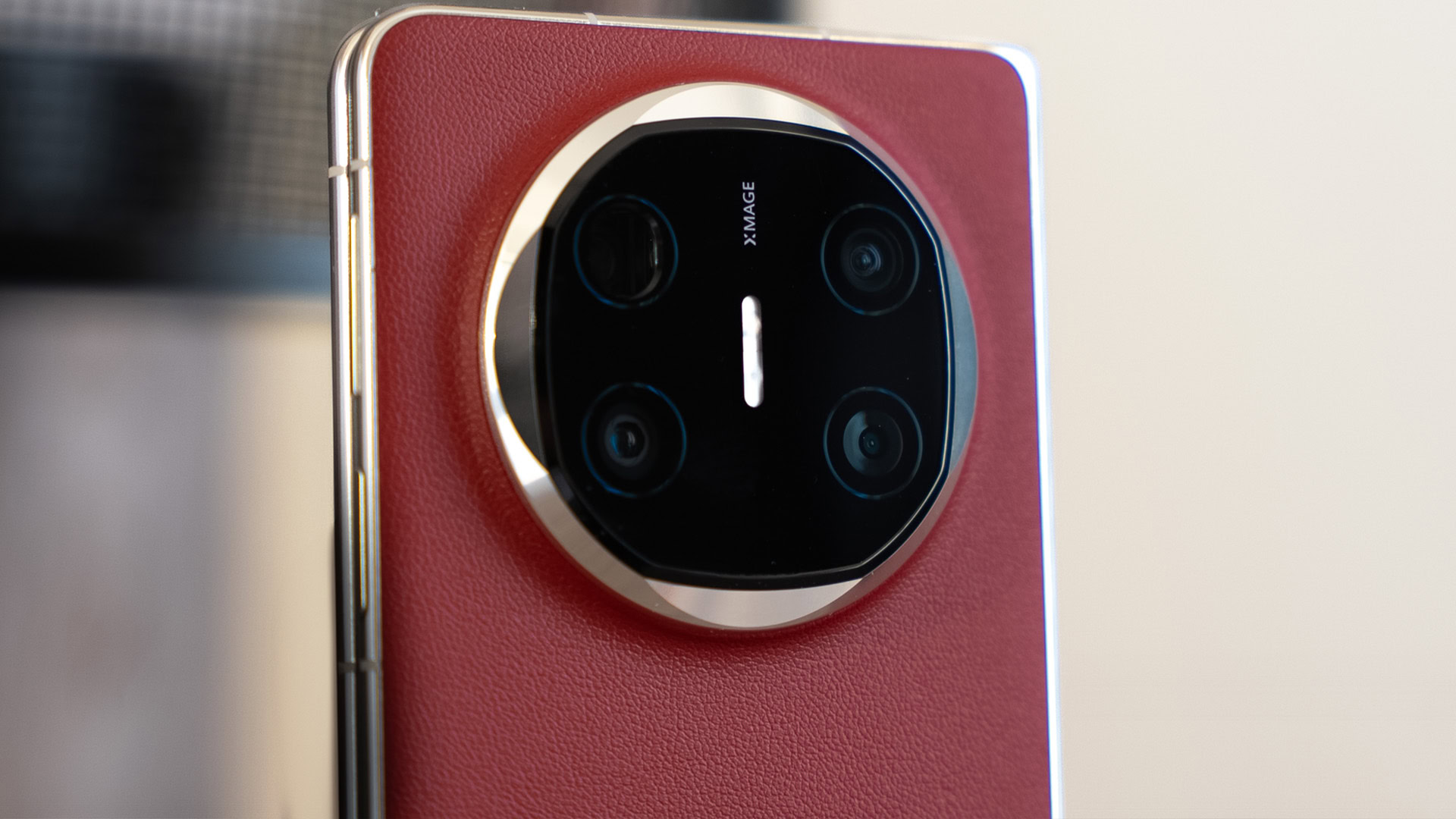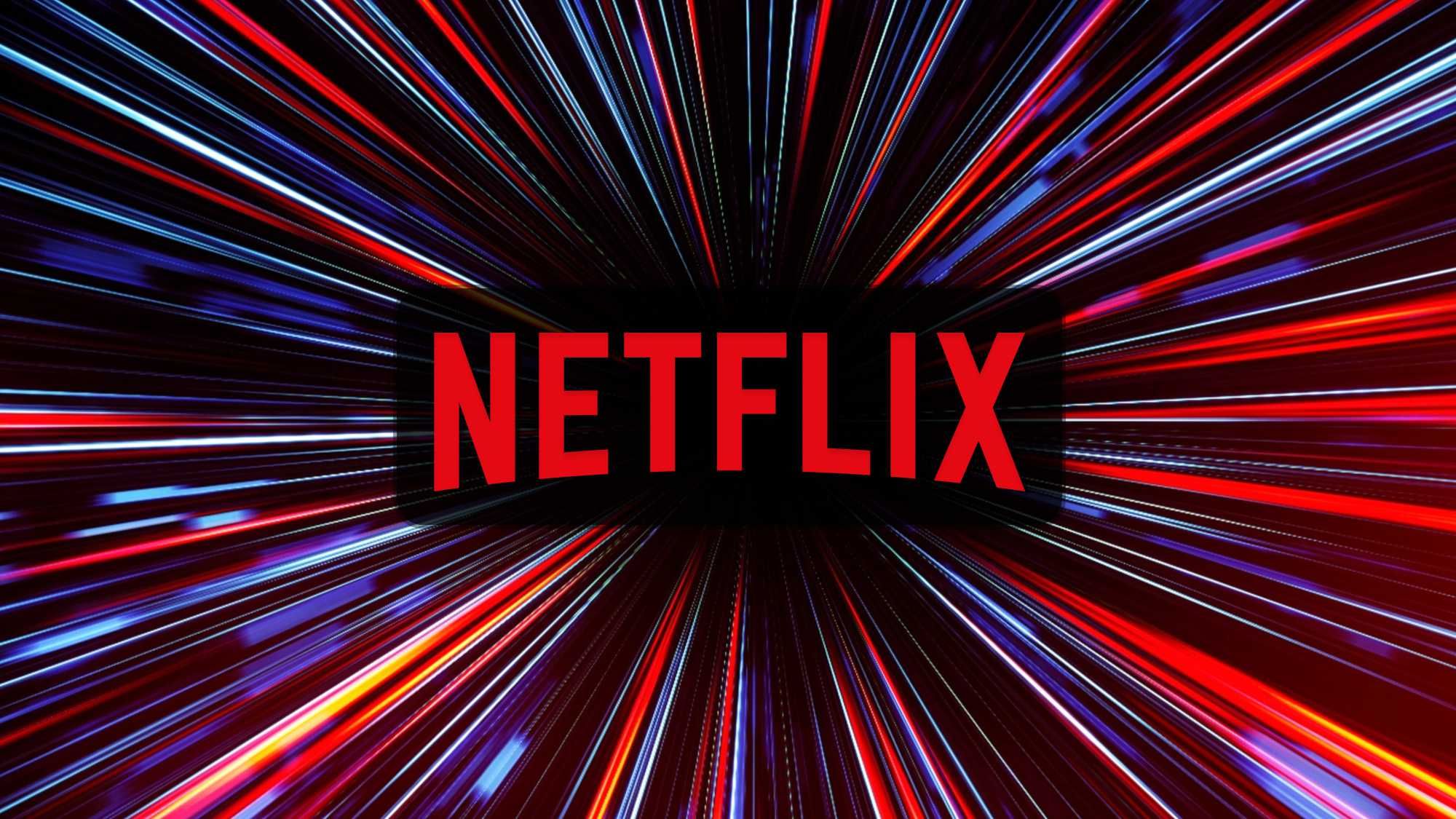TECH giant Google has introduced a new feature that allows users to delete messages on other people’s phones.
The roll-out is expected to affect millions of smartphones – but has also raised privacy concerns.
1
For anyone who has ever sent a message with an embarrassing typo – or just an embarrassing message – this could be a gamechanger.
Google engineers have come up with a new way to allow users to delete the messages even after the other person has received it.
The new “Delete for Everyone” function in the Google Message app allows the sender to remove the message from both the sending and receiving device.
Hitting the “delete” button will also remove the message from the chat history.
It comes after Apple and Meta introduced similar functions.
Already in use
Users of Apple’s iMessaging service already have the capacity to delete messages while WhatsApp announced its “Delete for Everyone” function for customers back in 2017.
There are, however, several issues to be aware of for Google users excited about the new development.
First of all, it’s important to note the service is only available if the person receiving the message has not opened it or saved it.
If they have – it won’t work.
The second point to note is the function is only available if both parties taking part in the chat are using compatible RSC set-ups.
RCS – or Rich Communication Services – is the successor to SMS and MMS, and has been available on Android devices from both Samsung and Google for more than a decade.
However, Samsung has cautioned Android owners with iPhone-owning friends that their text messages might not be as secure as they think.
In 2024, Apple rolled out the long-awaited RCS as part of iOS 18.
Samsung concerns
Samsung’s first RCS capable devices were launched in Europe in 2012, and have been in the US since 2015.
It essentially makes iPhone-to-Android texting much more like iPhone-to-iPhone texting via iMessage.
However, Apple has not yet included end-to-end encryption with its RCS messaging – meaning conversations had with this new feature could be intercepted.
In a statement on its support page, Apple states: “Apple’s implementation of RCS is based on the industry’s standard.
“RCS messages aren’t end-to-end encrypted, which means they’re not protected from a third party reading them while they’re sent between devices.”
End-to-end encryption scrambles messages into a code that cannot be read by hackers, or even the host messenger.
It’s what Google Messages, iMessage and WhatsApp use to make sure messages are read by the sender and recipient alone.
“Samsung and Google welcome a new era of more seamless, cross-platform messaging,” the company said in a statement recently.
“With the latest version of iOS supporting RCS, the benefits are available beyond the Android ecosystem,” Samsung added, before warning that “encryption is only available for Android to Android communication”.
Concerns have also been raised that messages sent during disputes or legal matters could also be deleted.
Bigger, better, brighter – more RCS features

RCS support brings eight iMessage-style features to texts between iPhone and Android users, including:
- Higher-resolution photos and videos
- Audio messages
- Typing indicators
- Read receipts
- Wi-Fi messaging between iPhones and Android devices
- Improved group chats, including the ability for iPhone users to leave a conversation that includes Android users
- Improved encryption compared to SMS
- Share location with people inside text threads









